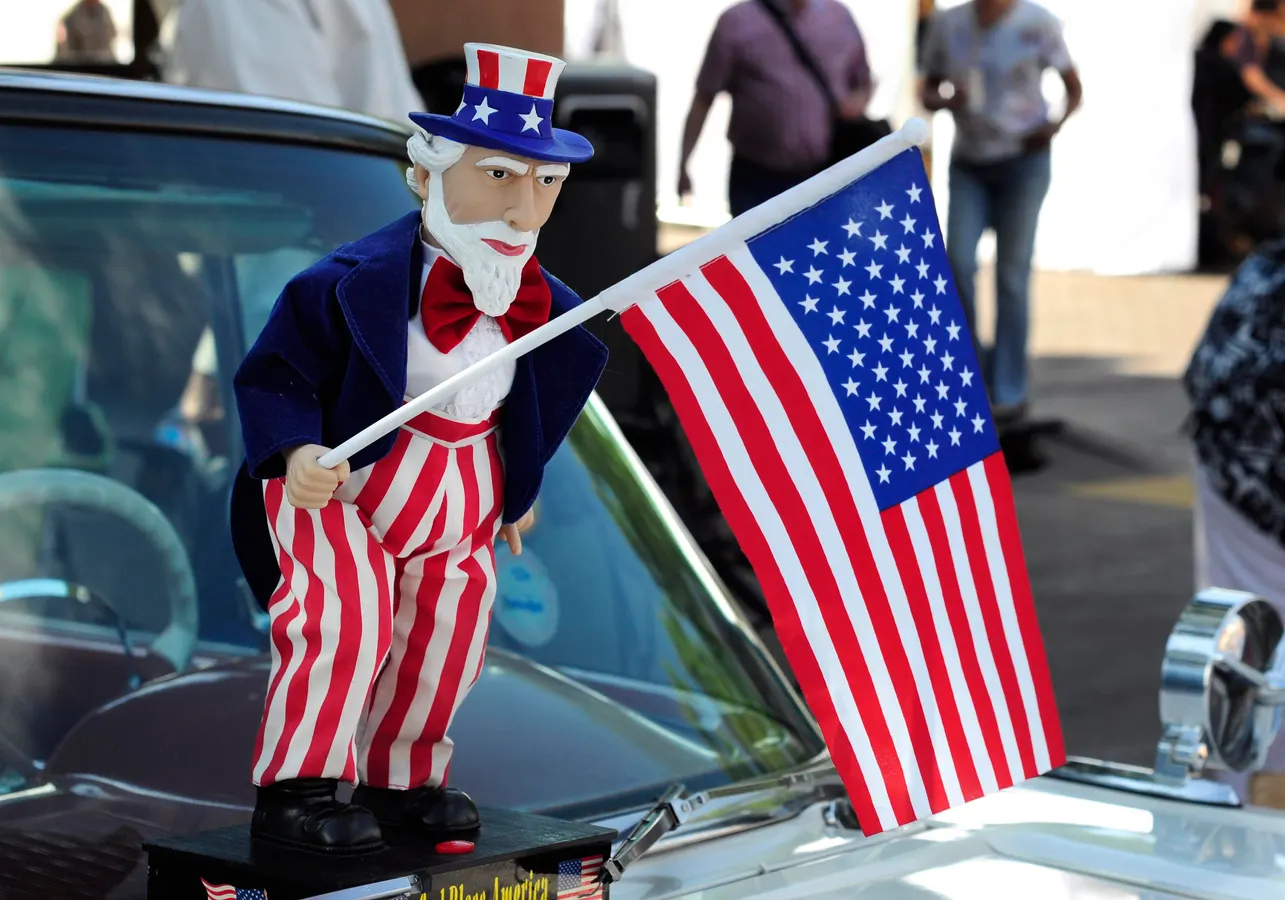Copyright forbes

Several new polls include a version of the familiar right track/wrong direction poll question. As the Roper Center’s archive of surveys shows, pollsters have been asking this question since at least 1971, when the Opinion Research Corporation found that 29% believed things in the country were “generally going in the right direction” and 63% felt that things had “pretty seriously gotten off on the wrong track.” Since that time, the question has been asked scores of times. There have been only a few times when Americans have told pollsters the country was on the right track. In 1984-85, during Reagan’s presidency, when Americans finally felt things were improving after stagflation and a painful recession, the right direction response overtook wrong track. Before the turn of the century, when people felt good about the Clinton economy and a balanced budget, it did so once again. Right track responses exceeded wrong track briefly after 9/11. None of these periods of optimism lasted very long. Questions from AP-NORC, PRRI (formerly the Public Religion Research Institute), the Harvard Center for American Political Studies/Harris, and the Economist/YouGov confirm the nation’s sour mood today and all show deep partisan divisions. All show independents closer to Democrats than Republicans on the question. In the mid-September NORC poll of adults, 24% said the country was headed in the right direction, while 75% gave the wrong track response. In the poll, 51% of Republicans and 92% of Democrats said the country was on the wrong track. These responses were reversed from those given in January 2024 when 91% of Republicans and 53% of Democrats gave the wrong track response. PRRI used a slightly different formulation asking people to think about the past year. In their new mid-August to early September poll, 36% of adults said things were generally going in the right direction, while 62% said wrong direction. In the poll, there was a huge partisan gap, with 92% of Democrats giving the wrong track response compared to 24% of Republicans. In the Harvard/Harris poll of registered voters, 40% said the country was on the right track, and 51% wrong track. There was a great a partisan gap as there was in the new Economist/YouGov survey. PRRI asked additional questions. In their poll, only a third felt the economy (and separately, the federal government) was going in the right direction. People were slightly more positive (41%) about the way the government was handling immigration. And 38% gave the right track response when asked about the way the US is dealing with other countries. MORE FOR YOU None of these pollsters asked people why they thought the country was on the right or wrong tack. As the partisan responses show some of the explanation is surely Donald Trump himself and his chaotic actions. Part of it is pervasive concern about the economy, particularly rising prices. One question in the PRRI poll hints at another possible explanation. Richard Wirthlin, Reagan’s pollster, told me that when his firm asked people why the country was on the wrong track, many people responded with concerns about the nation’s fraying social fabric. PRRI has asked people a dozen times since 2013 whether American culture and our way of life have changed for the better or the worse since the 1950s. In some years there has been a close division of opinion, but in others, more people have given the worse response. This is not, in my view, a longing for a largely white America where women stayed at home and men worked, but instead a concern about manners and morals that has been unsettling for many. Still another explanation is likely concern about the size, power, and reach of the federal government. In the 1990s, CBS News found that majorities of Americans believed government could have a positive impact on people’s lives. When they asked a follow-up question, more people consistently said it was having a negative impact. Gallup didn’t update the identical question but came close recently in a May Gallup/Bentley University poll. The poll found that more people felt the federal government had the power to affect people’s lives than felt that way about other institutions. In another question however, it was seen as the least effective institutions in doing so. And, in a September Gallup poll, only 31% had a lot or some trust in the federal government to act in society’s best interest. Forty-three percent gave that response about business, and 50% about state and local governments. There is no single explanation for the country’s long-term wrong track responses. That makes governing especially difficult. Editorial StandardsReprints & Permissions



